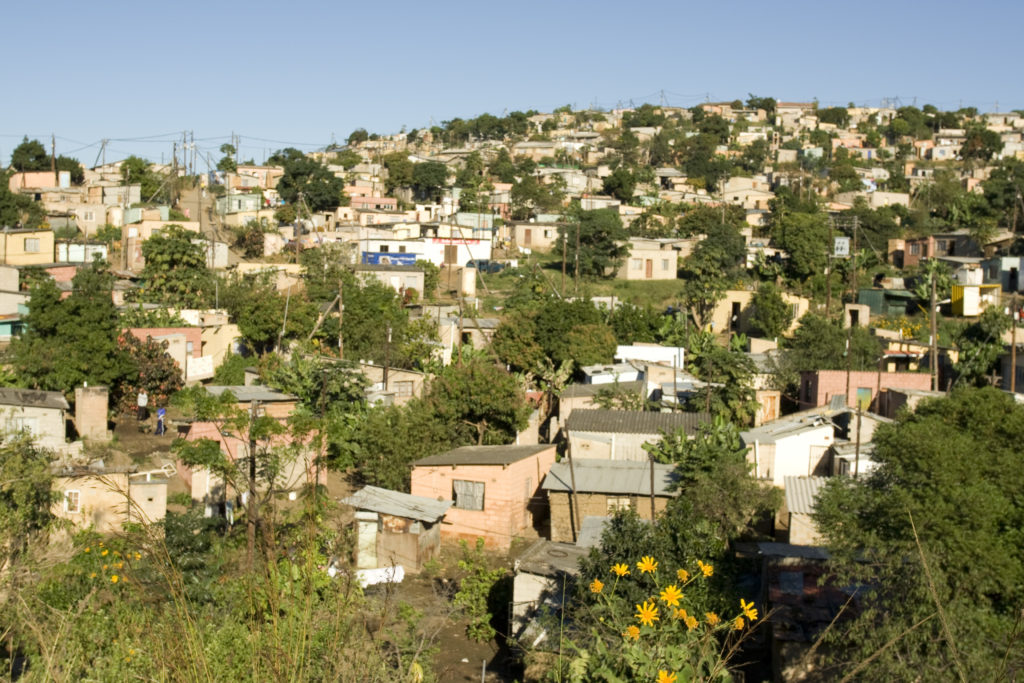Is it safe to borrow money from lenders who are not bound by the National Credit Act? Recent research suggests it’s a risk many South Africans are willing to take.
Illegal lenders, loan sharks, mashonisas – call them what you like, but in South Africa, the number of people who borrow money from unregulated sources is now on the rise. A recent study has found that there are at least 40,000 mashonisas operating in South Africa’s townships and informal communities, with approximately 1 lender for every 100 people.
But is it safe to borrow money from lenders who do not meet the rules of the National Credit Act, where tales of intimidating collection practices and even violence are rife, and is this an accurate representation of what’s really going on?
Should mashonisas be feared?
There’s certainly no shortage of stories in the media of mashonisas and their dangerous lending practices, but recent research by the lender Wonga South Africa suggests that the true picture might not be quite as bad as it seems. In fact, it found that mashonisas can be valued figures in the local community who see money lending as a viable occupation and simply have a little money to spare.
The stereotype of mashonisas being violent criminals might be true in some cases, but the research found that men and women from a broad range of age groups and professional backgrounds were involved in informal lending practices. Although this demographic certainly doesn’t rule out the possibility of unscrupulous practices, it does suggest that the profession is not quite so clear-cut as at first it might seem.
But while borrowing from mashonisas might not be as overtly dangerous, it can be very damaging to your finances. Interest rates of between 30 and 50 percent are attached to loans, and although there no admin fees or hidden charges, this is certainly not a cheap way to borrow money. Additional interest charges can also be applied if scheduled loan repayments are not made.
Convenient credit that’s not without its risks
Despite the expense of the loans and the risks associated with the lack of regulation, the service provided by mashonisas still proves to be extremely popular among local people. That’s mainly due to the convenience the loans provide.
Rather than having to travel to the cities and towns, prospective borrowers can approach mashonisas in their own communities and get their hands on the money they need within minutes. Despite the high cost of the loans, the pricing structures are also extremely simple, with the same interest rates applied regardless of the size or the term of the loans. Given the lack of financial literacy in much of South Africa, this simplicity can prove to be very attractive.
So, is it safe to borrow money from an unregulated lender? There are certainly no guarantees, but the latest research suggests it’s a risk many South Africans are willing to take.
Have you borrowed money from a mashonisa? What was your experience? Please share your thoughts in the comments below.


